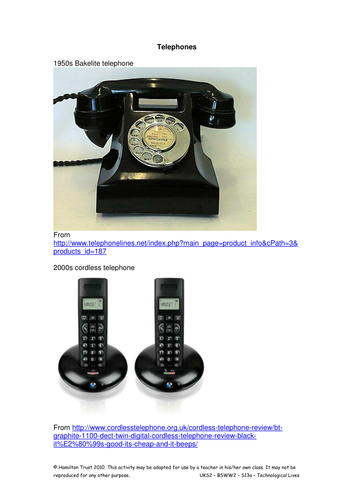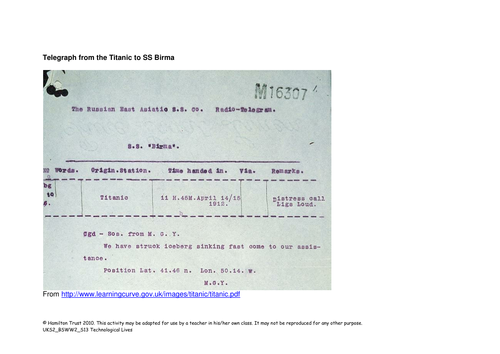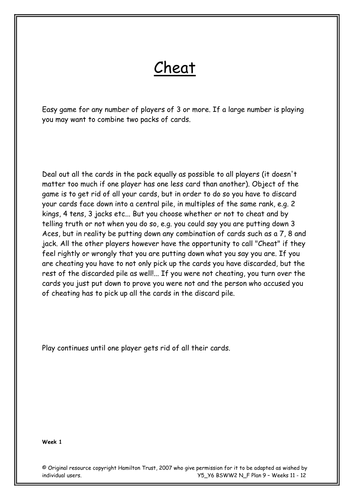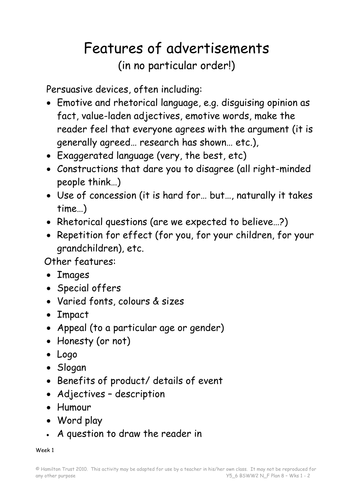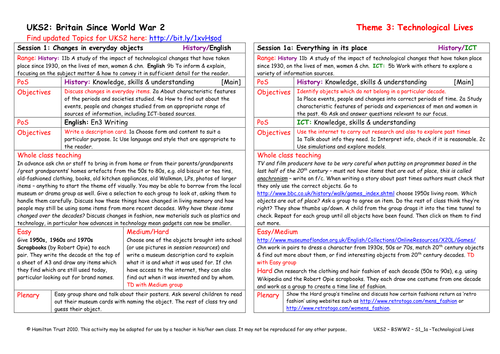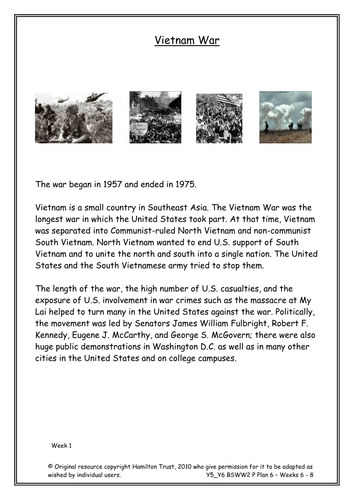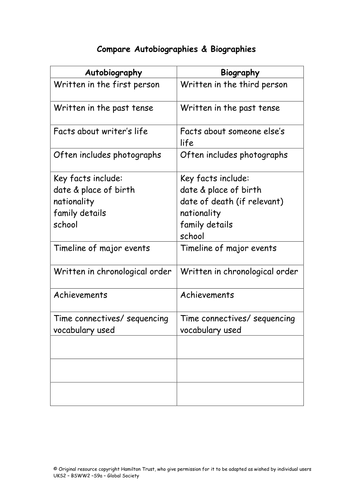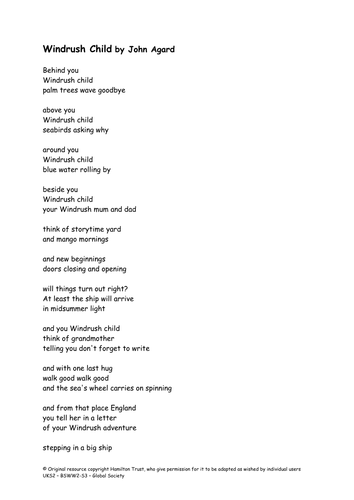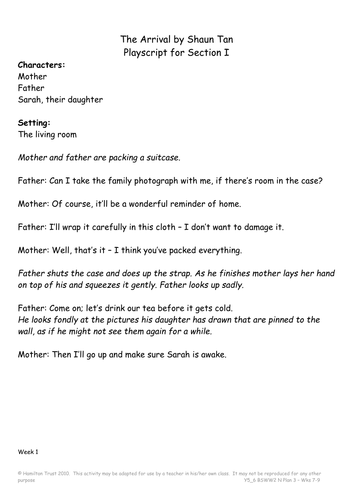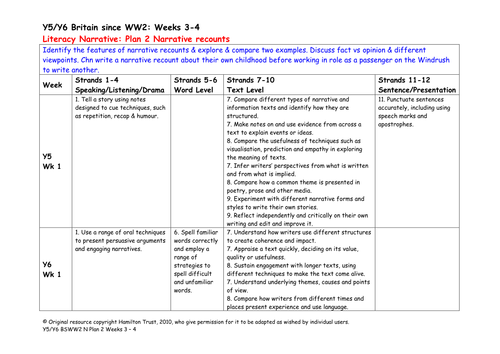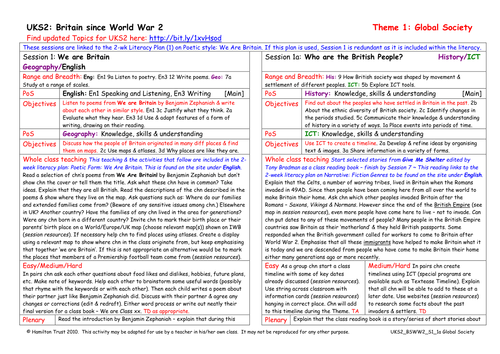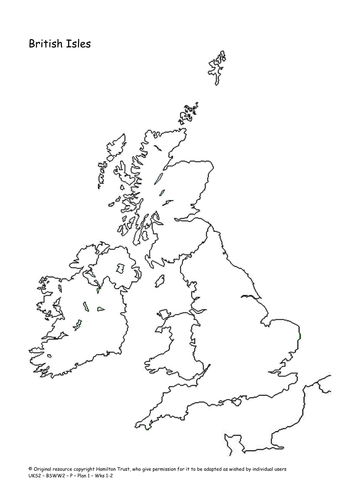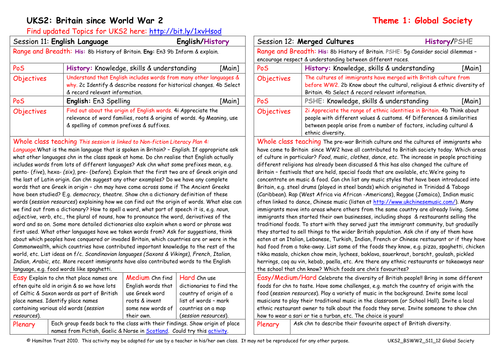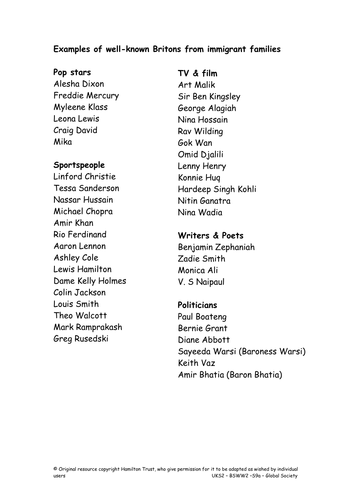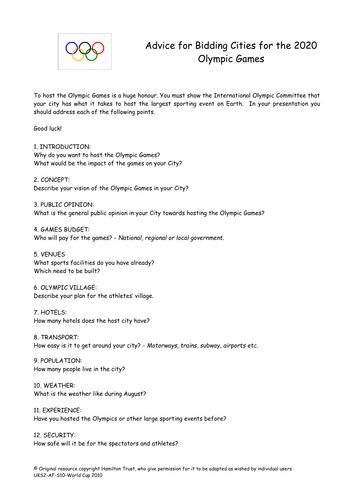
397Uploads
10045k+Views
11646k+Downloads
English language arts

Telephones
Children order pictures of old telephones. They decode, then write mobile ‘phone text messages.

Telegrams
Children look at old telegrams and then write their own about an important event to the British Prime Minister of the day.

Instructions and Explanations Weeks 11 - 12
Wake-up to the 21st century with instructions for computer games, mobile phones and explanations for blogs and podcasts.
Children write a booklet for their granny, giving instructions and explanations to fit her for life in 2010!

Persuasive language Weeks 1 - 2
Identify persuasive features used in adverts. Study adverts over the decades since the end of World War 2 in detail. Children create a paper advert about an exhibition related to the Topic. They then plan and present a TV or radio advert for a modern appliance.

Household Gadgets
Children discuss labour-saving gadgets and chores which are still time-consuming or unpleasant. They then work in groups to design their own gadget and present it to the rest of the class as in the Dragon’s Den.

Children discuss the advantages and disadvantages of texting and emails, then write an email with attachments to an email ‘pen pal’ about their favourite session from this topic.

Changes In Everyday Objects
Children look at every day objects which have changed since WW2, choose one and write a museum card for it.

Persuasion/ Argument Weeks 9 - 10
What is censorship? Join the BBFC, become a film examiner and argue your case to classify film clips.
Present reasoned decisions as ‘black cards’ to be shown before the film! Participate in debating a scenario relating to film classification.

Song lyrics Weeks 6 - 8
This unit is all about having fun with iconic song lyrics!
Children will explore underlying themes and influences in key songs by the Beetles and Bob Dylan before composing their own song lyrics about current issues that are important to them.

Biographies
Discuss biographies and autobiographies and list the features of each showing diffs. Chn write a fact file or biography of one of well-known immigrants or descendants of immigrants identified in S10. Make class books for other children to read in school library.

Windrush Migrants
Listen to a poem written by an immigrant on the SS Windrush. Discuss how he felt about leaving his home and the reactions of some British people. Children compare the climate in the Caribbean with that of Britain and write imaginary letters home from a migrant.

Windrush
Read the poem Windrush Child by John Agard and get children’s reactions. Give brief history of SS Windrush’s journey to Britain in 1948. Children either mark the journey on a map or answer questions about photographs to do with Caribbean immigration on the Windrush.

Refugees and human rights weeks 7 - 8
Consider different genres then read a variety of stories about refugees and asylum seekers. Children summarise stories and write sequels and playscripts based on stories they have read.
Finish with a This is Your Life programme for one of the characters.

Recounts Weeks 3 - 4
Identify the features of narrative recounts and explore and compare two examples. Discuss fact vs opinion and different viewpoints.
Children write a narrative recount about their own childhood before working in role as a passenger on the Windrush to write another.

We Are Britain KS2
Read some poems from We are Britain by Benjamin Zephaniah and ask what these children have in common. Discover where in the world children in the class came from originally – locally, elsewhere in Britain, another country? Write poetry about each other in BZ style.

Poetic style Weeks 1 - 2
Read and analyse poems from Benjamin Zephaniah’s We are Britain. Discuss the style, language and content of his poems and investigate rhymes. Children write their own poems in the style of BZ’s The British and Body Talk and a fact file about the poet.

English Language
The English language contains words from many different languages. Children investigate old Saxon and Celtic words used in British place names, Greek prefixes and word roots that are used in English words and words that have been introduced from other languages.

Well-Known Immigrants
Most immigrants who have come to Britain have brought skills with them. Many immigrants or descendants of immigrants have become well-known in the fields of sport, entertainment, politics and the professions. Children research and list examples.

Olympic Games: an African Aim
The host of the 2020 Olympic games will be …? The groups present their Olympic bids before the winner is announced. The real decision won’t be made until 2011, but will Africa be awarded the games for the first time?

Building a Sporting Future for Africa
In this session children take a look at successful Olympic bids from London and Rio before starting to put together their own 2020 bid on behalf of one of the World Cup host cities.

